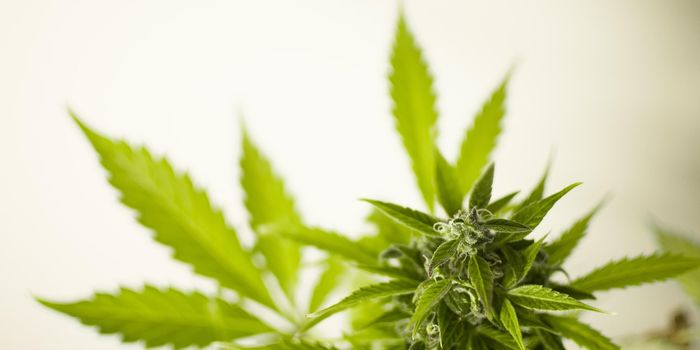Dietary Supplement Counteracts Negative Effects of Cannabis
An over-the-counter dietary supplement shows promise for counteracting the negative effects of heavy cannabis use among adolescents. The corresponding study was published in the Biological and Psychiatry Global Open Source.
Exposure to tetrahydrocannabinol (THC) during adolescence is linked to an increased risk of developing mood and anxiety disorders later in life. Increased neuroinflammatory responses and dysregulation of inhibitory and excitatory neural balance in various brain circuits are thought to be among the underlying causes of the effects of THC on the adolescent brain.
In the current study, researchers investigated whether interventions that can induce antioxidant effects can counteract the neurodevelopmental impacts of exposure to THC. To do so, they tested the effects of N-acetylcysteine (NAC) in adolescent rat models of THC exposure. The FDA has approved NAC to treat overdoses of acetaminophen.
Ultimately, they found that NAC neutralized oxidative stress and reduced glutamate levels to preserve normal function in the nucleus accumbens, a part of the brain that regulates mood disorders, motivation behaviors, and addiction. The researchers noted that normalizing function and activity in this brain region may have prevented the development of depressive and anxiety phenotypes, which lead to these traits.
The study also improved understanding of how cannabis exposure affects the brain’s ability to properly respond to motivational cues:
"One of the exciting things is that we've identified one of the important mechanisms behind that phenomenon by pinpointing an increase in oxidative stress and glutamate toxicity in the brain. The NAC intervention was very effective in preventing a lot of those effects and it's also considered to be a very safe and accessible supplement,” said study author Steven Laviolette, professor in the department of anatomy and cell biology at Western University, Ontario, Canada, in a press release.
The researchers hope to further their research in a clinical trial within the next couple of years. They hope that the findings will provide an effective intervention strategy for adolescents to address the long-term consequences of cannabis exposure.
Sources: Medical Xpress, Biological and Psychiatry Global Open Source









